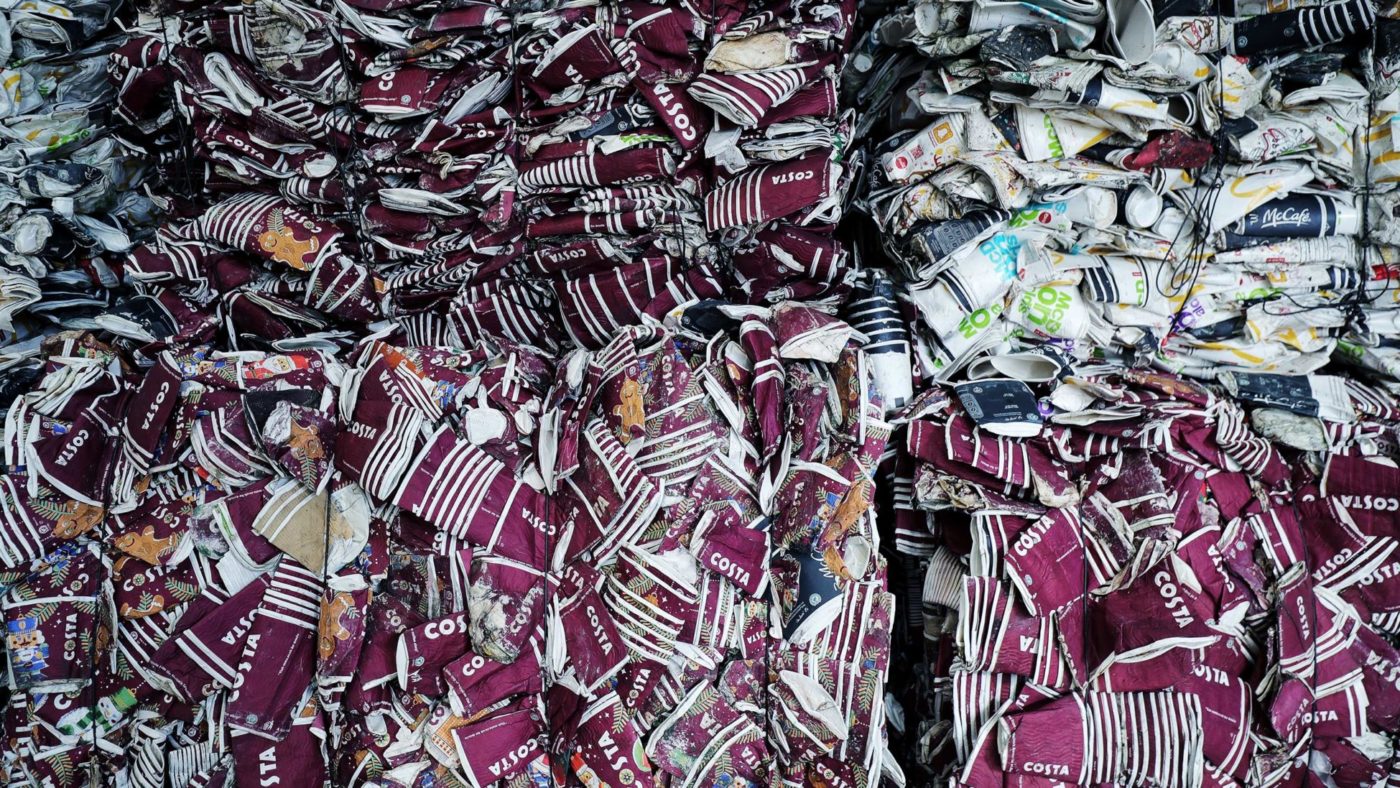The idea that we might want to save resources is fairly central to the subject of economics. It is, after all, the science of allocating scarce resources.
Yet as with any science we need to start by defining our terms – just what are the scarce resources which we want to save? The usual answer here is simple enough: a scarce resource is a resource which is scarce. Somehow we’ve got to find a balancing act between all of those various scarcities in order to have the best lifestyle we can, given the constraints the universe places upon us.
Of all the resources we have at our disposal, our time is the scarcest of all. Our lifespans are not something we can stockpile, we can’t save them up for later, and there are very few of us who go into that long dark night thinking life took too long. The preciousness of our time is the crucial thing we need to understand in order to analyse the repair movement.
We are forever told that we live in a throwaway society. We buy cheap gimcracks and when they crack we toss them, instead of saving those resources by repairing and mending them into further use. Therefore, the theory goes, it makes sense change the design of everything so that we can repair, learn the skills to do so and expend our time on such matters rather than further exploitation of Mother Earth to make ourselves more trinkets.
This is great religion and lousy economics. For what is that scarce resource that we’re trying to save the use of? Our time. Why learn to repair the £10 toaster, why bother to fix it, when for that £10 we can have another and use the time instead to sing Bach cantatas? Or watch Big Brother… each to his own.
It isn’t, of course, quite that simple. To insist that we must save our time, exclusively as a target, is to be overly specific and wrong. We are not trying to save one particular resource and to insist that we are makes the same mistake as the environmentalist mavens who tell us we must save metals, or energy, or land.
What we need is to economise on the use of all the varied resources in the optimal manner. That means some things are worth using our time to recycle or repair, and others can be tossed into landfill or incinerator. What we need is a method of deciding how we are to optimise the use of which resource.
Fortunately, we’ve got one, it’s called the market and the associated price mechanism. As long as externalities – say, CO2 emissions, pollution, the value of our time – are included in those prices then the economy itself becomes the great calculating engine that Hayek insisted was the only one capable of working this out for us.
Some estimates tell us that it takes 45 minutes per household per week to sort waste for recycling. That’s hundreds of millions of man hours a year of human labour. We should – but don’t – value that at something like the average wage of £14 an hour, perhaps the minimum wage of closer to £8. At which point recycling becomes an obvious waste of resources, the value of the time taken to do it being very much greater than the value of what is extracted from the rubbish.
Repairing the gears on a bicycle might tip the other way, a couple of hours labour in order to get working again a few hundred pound piece of kit. The £10 toaster rather depends upon how you value your time. The importance is not necessarily what we do, but the method by which we reach the decision.
Yes, of course, we should save resources, but that includes our own time and effort. Of course, if policymakers want us to recycle more, they could further incentivise us to do so. But such a move would come at a cost to us in terms of time or money.
Price our time into the decisions and market prices will then tell us which we should be doing. The answer is we should be landfilling and burning a great deal more than current fashion says we should. The fact that doing so is cheaper than recycling or repairing is all the proof we need that it uses fewer resources.


